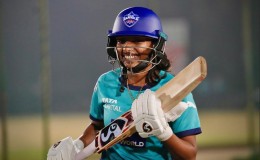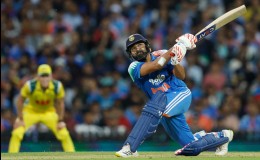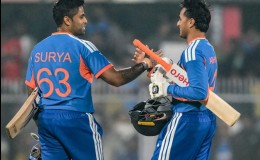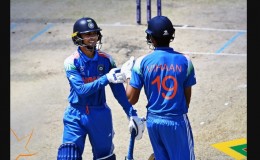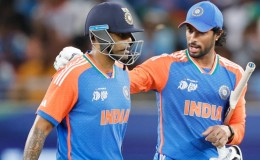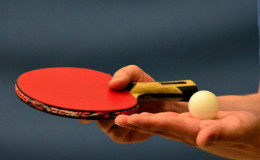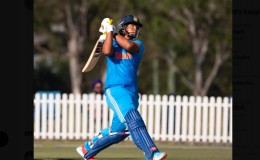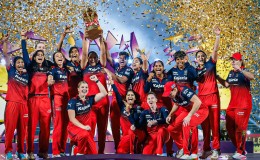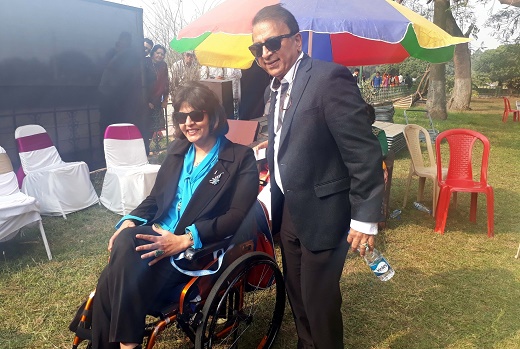 Kolkata: A three-month stay at the 2010 Delhi Commonwealth Games (CWG) village opened 2016 Rio Paralympics silver medallist shotputter Deepa Malik's eyes and she started pushing the envelope for equal rights for disabled athletes, the 46-year-old said here on Saturday.
Kolkata: A three-month stay at the 2010 Delhi Commonwealth Games (CWG) village opened 2016 Rio Paralympics silver medallist shotputter Deepa Malik's eyes and she started pushing the envelope for equal rights for disabled athletes, the 46-year-old said here on Saturday.
Deepa is among the eight sportspersons to be picked for the Padma Shri, the country's fourth highest civilian award. Mariyappan Thangavelu, who won gold in the men's high jump event in Rio, is the other Paralympian in the elite list.
India performed spectacularly at the Paralympic Games last year, claiming their best ever haul of four medals, including two golds, a silver and a bronze medal, outpacing their Olympic counterparts, who managed only two medals in Rio, the country's worst performance in 12 years at the Olympics.
"I am very proud of the fact that I initiated a process in 2012, post Commonwealth Games in 2010, which was my first exposure in competing alongside able-bodied athletes and living in the CWG village in Delhi.
"That is when I had left the small town of Ahmednagar (in Maharashtra) from where I used to come and go back. But when I stayed for three months at the village and interacted very closely with the able-bodied athletes, it was an eye opener.
"No abled bodied athletes were saying 'bye' to each other in the end whereas we were saying 'when will our next national be'."
It was then that Deepa, who is the first Indian woman ever to clinch a medal at the Paralympic Games, asked current World Boxing Organisation (WBO) Asia Pacific Super Middleweight Champion boxer Vijender Singh the reason for them not bidding each other farewell.
Read more: Former 800m champ Eunice Sum not keen to compete in indoor competitions
"I just happened to ask Vijender (Singh) the boxer that 'how come you all are saying 'see you soon'?"
"He said, Asian Games is just three-four weeks away (2010 Guangzhou Asian Games). I said that we also have Asian Games. So why are we being sent home?
"That's when I asked bureaucrats that I have also qualified for Asian Games, why am I being sent home? I also want to stay back in the camp. That is where the journey of policies for disabled athletes began and all initiatives were put in place," narrated Deepa.
She is a paraplegic, paralysed from the waist down and mother of two and wife of an Army officer. Life took a twist when a spinal tumour made walking impossible for her 17 years ago.
This was the point when Deepa was made a member of the Planning Commission between 2012-2017.
"I very happy to share that all policies are in place now. We are at par with able-bodied athletes. So much so that this Olympics, we were even made part of the Target Olympic Podium (TOP) scheme and given equal funding.
"In last three years there was absence of proper federation for us. But of late we have been able to formalise a federation," she said.


